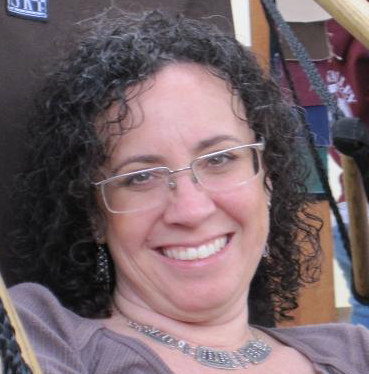
“Just write about mets,” I’m told by “upstate” Ann Marie, a fellow blogger and breast cancer advocate. “We need more posts about mets.”
While I love Ann Marie and am a huge fan of CureDiva, that didn’t narrow the scope very much. I am truly honored to be invited to share my thoughts alongside some of the most impressive breast cancer bloggers on the Internet. But what to say?
I’ve been at this since 2002. I was diagnosed with Stage II and underwent chemo, surgery and years of those seemingly innocuous white pills (aka endocrine or hormone therapy) that mess with so many of us. Then I watched and waited. For years. Much of that time I believed I had licked it; that cancer was in my past and pink celebrations were the stuff of my future. I got involved in advocacy because it was the right thing to do, and I started learning. It didn’t take long to learn that I’d been fooling myself. Breast cancer is always present tense.
Years after my treatment one of my tumor markers began to rise. Immediate snap to present tense, believe me! We spent two years watching it climb, searching for corroborating evidence that my cancer was back. When it finally showed up on a scan, we focused on a treatment plan, to the exclusion of emotions. After all, I’d been riding an emotional rollercoaster for quite some time. The fact was, if I felt anything, it was relief. We had found it and we were preparing to tackle it. It was empowering to finally take action. This month marks three years since my mets diagnosis and I count my blessings every day.
When I speak to strangers about breast cancer I am usually greeted with, “Well, it’s great that you caught it early!”
Not early enough, I think. And then I use the opportunity to teach about mets. I explain that “early” doesn’t necessarily mean anything – that if cancer is going to spread, it’s probably done so before it’s every found, no matter how “early.” Stage 0 patients can and do metastasize.
“When will you be done with your treatment?” people ask.
“When I’m dead,” I’ve come to answer. I used to be nicer about it, but I’ve grown weary. And that’s probably not quite true. As a mets patient you’re on treatment until you’re out of options. So “until I enter hospice” is probably more accurate.
“But you look so great…” they say.
“Because ‘quality of life’ is now a bigger priority than longevity, my health continues to deteriorate,” I usually respond. But at least I have my hair. Ironically, people in treatment for early stage disease usually look far worse than those of us who have MBC.
Mine is just one in a vast sea of stories. Before 2014 draws to a close, there will be nearly 300,000 new stories, and about 40,000 stories will be silenced. As I approach my thirteenth October as a breast cancer patient, I am yet again astonished that the reality of living with MBC is still not well known.
So did I write about mets? Sure. But here’s the thing – the story of mets cannot be separated from the story of breast cancer. What’s more, MBC patients are roughly 30% of the breast cancer community. Yes – 30%. So for the breast cancer “survivors” reading this, the next time you look around the room at a support group, or take a walk with “survivors”, take a look to your left and your right. One of you could be the next MBC patient. And if and when that happens, I want you to know that there is a strong and vibrant MBC community that stands ready to support you.
You will not be left alone – you need only reach out to us. As the president of METAvivor, an organization focused on funding MBC-specific research through a peer-review grant process, I invite you to contact us. But there are other MBC-focused resources as well that you should check out – from local MBC support groups to national efforts such as the Metastatic Breast Cancer Network, the Metastatic Breast Cancer Alliance and Living Beyond Breast Cancer. There are also online communities, such as Inspire and AdvancedBC.org. Always remember that there are women and men who have been there, and you can’t scare us. We want you to thrive as long and as well as possible.